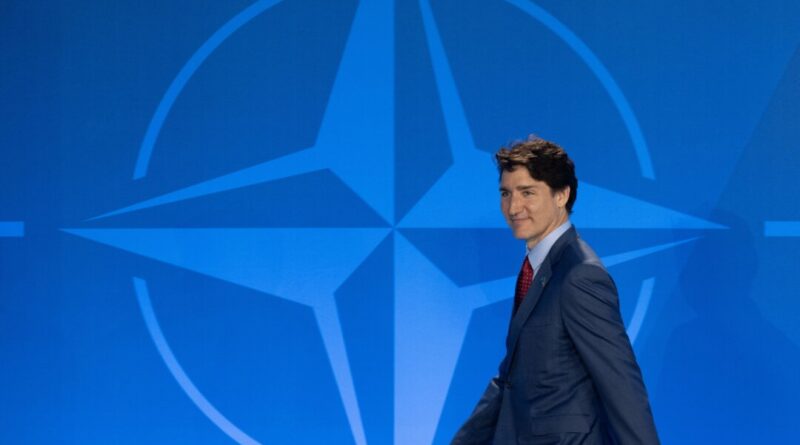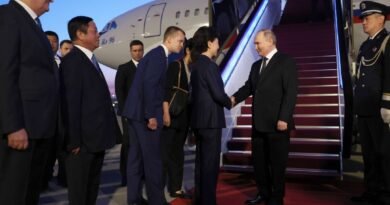Why First Ministers are Urging Ottawa to Increase NATO Spending – Explained
Given that military spending is under the jurisdiction of the federal government, it was notable that several premiers brought the issue up during the annual Council of the Federation meeting.
Manitoba Premier Wab Kinew led the charge during a media scrum on July 17, where he called for Canada to meet its NATO obligation to spend 2 percent of GDP on military within four years. While Mr. Kinew acknowledged military spending is a federal issue, he highlighted concerns that a failure to spend more could negatively impact the province’s trade relations with the United States.
“We’re a trading province,” he said, with roughly 75 percent of the province’s exports going to the U.S. “And if we think through what’s going to happen over the next few years with their election and new administration, potentially, we have to get to the 2 percent NATO spending target for defence.”
Ontario Premier Doug Ford also told reporters he supports the government moving toward the 2 percent GDP target. “It’s gonna play an important role. We should meet our obligations, but it ties into economic development as well,” Mr. Ford said, highlighting that Canada’s critical mineral sector could be impacted.
Alberta Premier Danielle Smith said with a potential change in administration in the U.S., there could be “much greater pressure put on Canada” to meet the spending target. “We’re just preparing for that, because every single one of us provinces relies on a very good relationship with our cross-border counterparts,” she said, adding that the provinces have major trade relations with 10 to 15 states.
“We don’t want that relationship [harmed when] the U.S. retaliates against us because we’re not meeting that military target. We’re just trying to be proactive here,” she said.
When Donald Trump was president from 2016 to 2020, he was highly critical of NATO countries that did not meet the 2 percent of GDP spending target, accusing them of being “delinquent.” At one political rally in February 2024, Mr. Trump also said he encouraged Russia to do “whatever the hell they want” to any NATO member country that didn’t meet the spending requirement.
Conservative Leader Pierre Poilievre has said that as prime minister, he wouldn’t commit to the 2 percent target given the state of the country’s economy.





